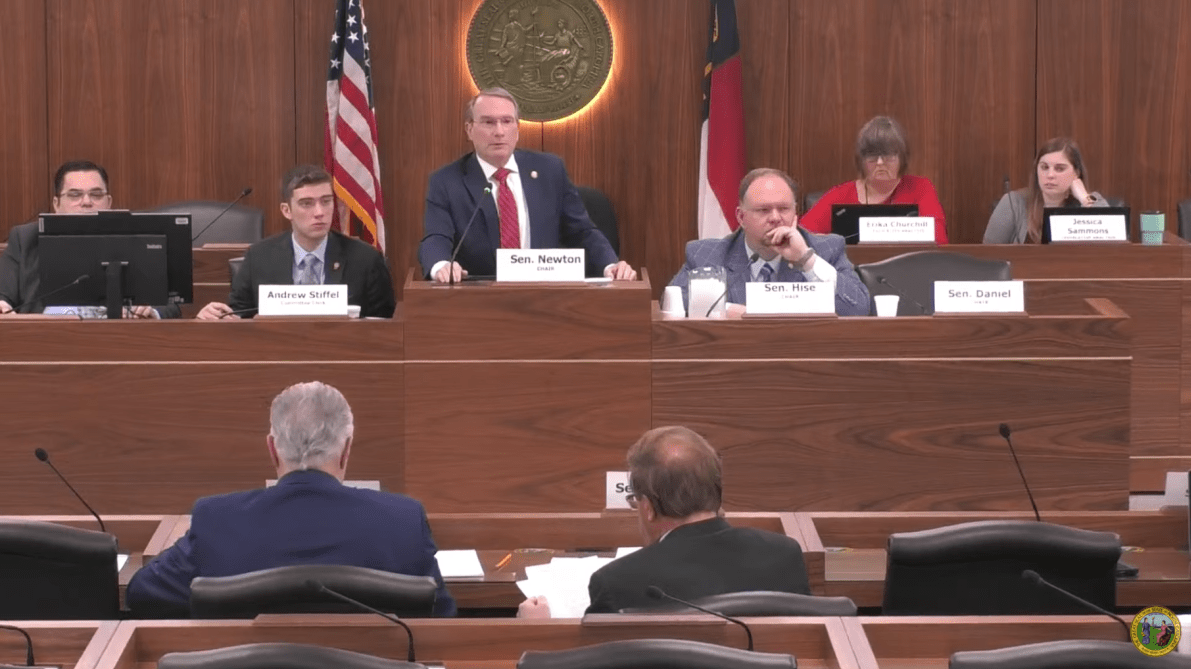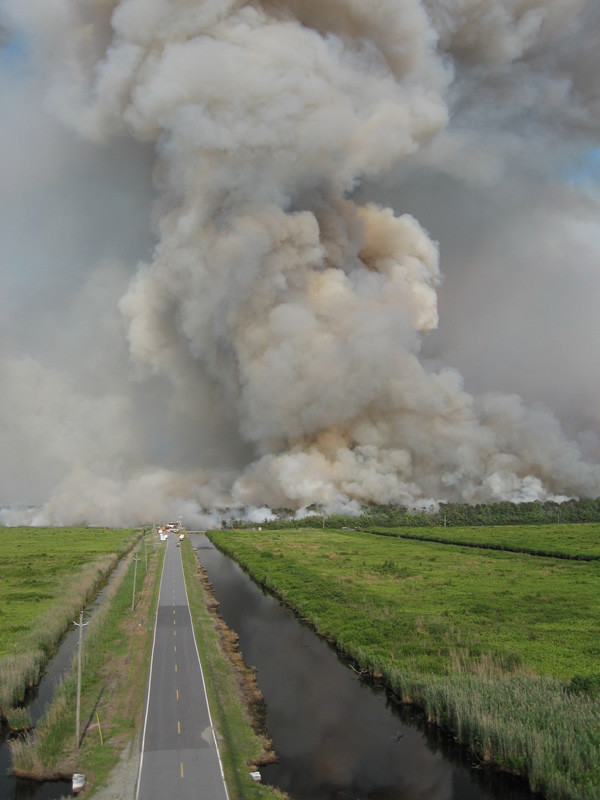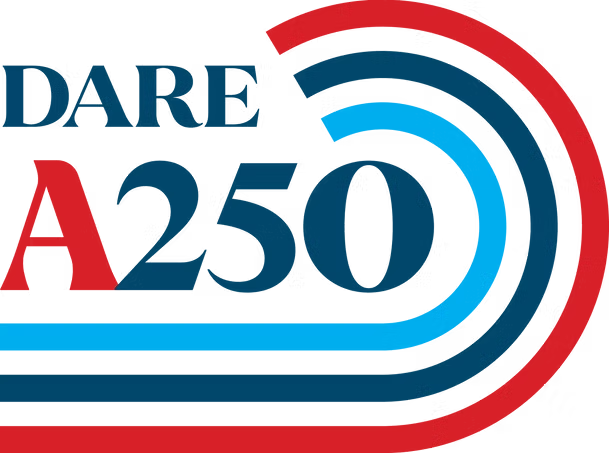
Politicians are maneuvering, the courts are set to deliberate, and voters are continuing to wait for finalized political maps and a date for the North Carolina 2022 primary elections.
On Wednesday, Republicans passed a bill on party-line votes in the House and Senate to again delay the primary elections, this time until June. This comes in the context of the political and legal fight over the state’s redistricting maps, which could shape the political future of the state’s legislature and U.S. congressional delegation for at least a decade.
Supporter Spotlight
The current maps, which the legislature drew in the fall, would all but lock in Republican control over state politics. If the court overturns those maps, Democrats have a chance to land on a more even playing field in a state whose geography slightly favors Republicans but votes nearly 50-50 in statewide races.
After a Democratic Party-affiliated group and two pro-democracy advocacy groups sued the state legislature over the maps they drew in the fall, the state Supreme Court delayed the elections from March to May to give courts time to review the case.
Republicans now aim for an additional delay to give the legislature time to redraw the political maps should the court rule the current maps violate the state constitution.
In the state courts’ landmark redistricting case from 2002, called Stephenson, the courts ruled the maps were unconstitutional, created some new requirements for drawing maps, and then asked the legislature to try again, said Michael Bitzer, a professor of political science and history at Catawba College.
Political map-drawing “is an inherently legislative duty,” Bitzer said.
Supporter Spotlight
Both through legal filings in the lawsuit and in public statements supporting postponement of the primaries until June, Republican leadership stresses the importance of the North Carolina General Assembly being able to draw and then redraw the maps.
But courts can and have, both at the state and federal levels, put conditions on how legislators can redraw maps once their first attempts are deemed unconstitutional. The courts could appoint a “special master,” or independent outside expert, to review the maps before approving them, Bitzer said.
The state Supreme Court could also decide to go with an entirely different process should it deem the maps unconstitutional. In 2018, the Republican-controlled legislature made appellate judicial elections partisan. Now, the state’s highest court sits four Democrats and three Republicans, perhaps explaining Republican anxiety over the decision and timing of drawing new maps.
Coastal Review is partnering with Carolina Public Press to provide readers with more stories relevant to the coast.







